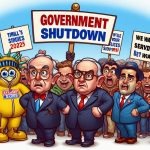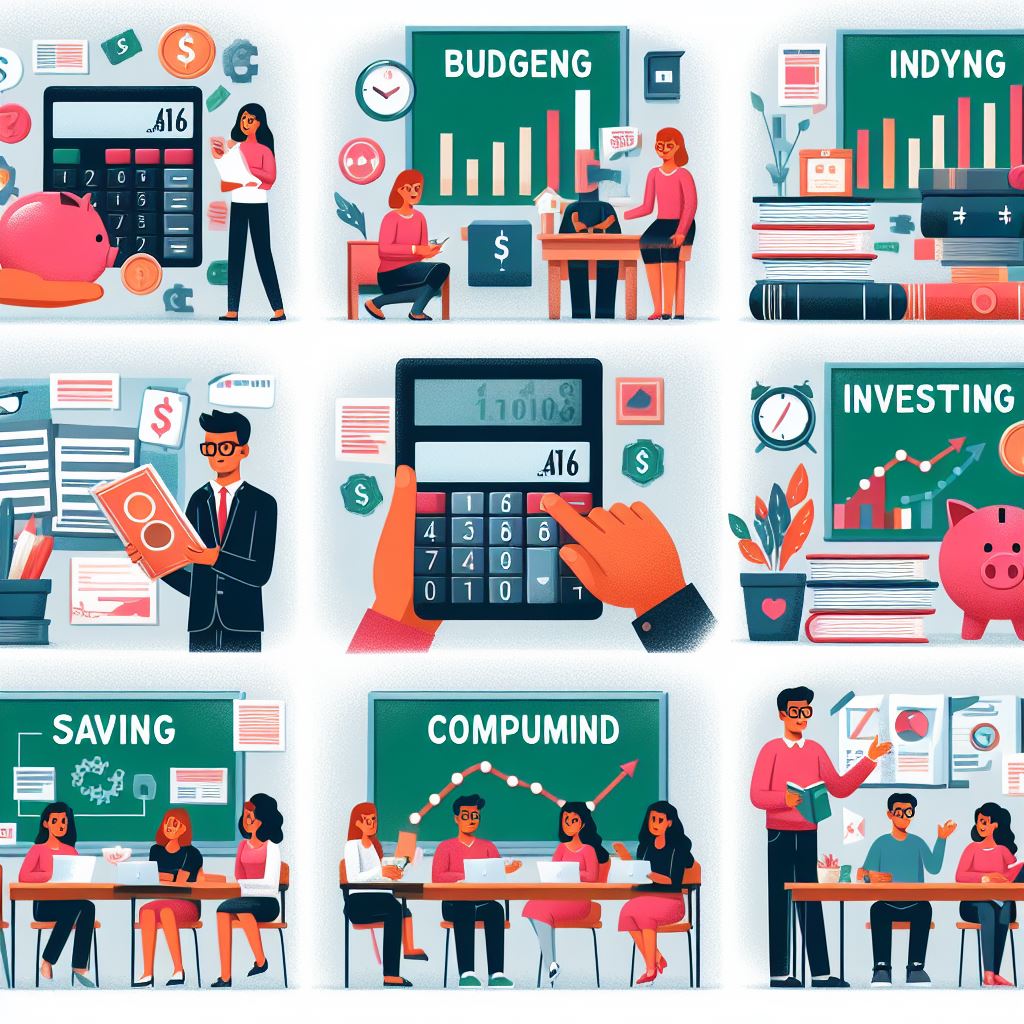A U.S. government shutdown happens when Congress fails to pass enough funding bills (or a temporary funding measure called a continuing resolution) for federal agencies and programs.
Here’s a breakdown of what it means 👇
🏛️ Why it happens
- The U.S. government’s fiscal year runs from October 1 to September 30.
- Congress must approve spending bills to fund federal agencies each year.
- If lawmakers disagree—for example, on the budget, policy issues, or debt—then no money is legally authorized to be spent.
- When that happens, nonessential government operations stop until a deal is reached.
⚙️ What shuts down
During a shutdown:
- Federal employees are divided into:
- Essential (must keep working, e.g., air traffic controllers, border patrol, military).
- Nonessential (sent home without pay until the government reopens).
- National parks and museums often close.
- Passport and visa processing slows down.
- IRS, EPA, and other agencies reduce services.
- Federal courts and mail delivery usually continue (the Postal Service is self-funded).
💰 What about paychecks?
- During the shutdown, many federal workers and contractors go unpaid.
- Once funding resumes, federal employees get back pay, but contractors often don’t.
🧠 Example
There have been over 20 shutdowns since the 1970s.
The longest one was 35 days (Dec 2018 – Jan 2019) over border wall funding.
⚡ Bottom line
A government shutdown is basically a budget deadlock that temporarily halts many government services and affects millions of workers and citizens, until Congress and the President agree on a funding plan.
Example of a service that is affect is VA Education benefits.
I work at University in Financial Aid & I’m VA SCO/point of contact. I have to call VA directly daily to check if new student are really have VA benefits or not.










